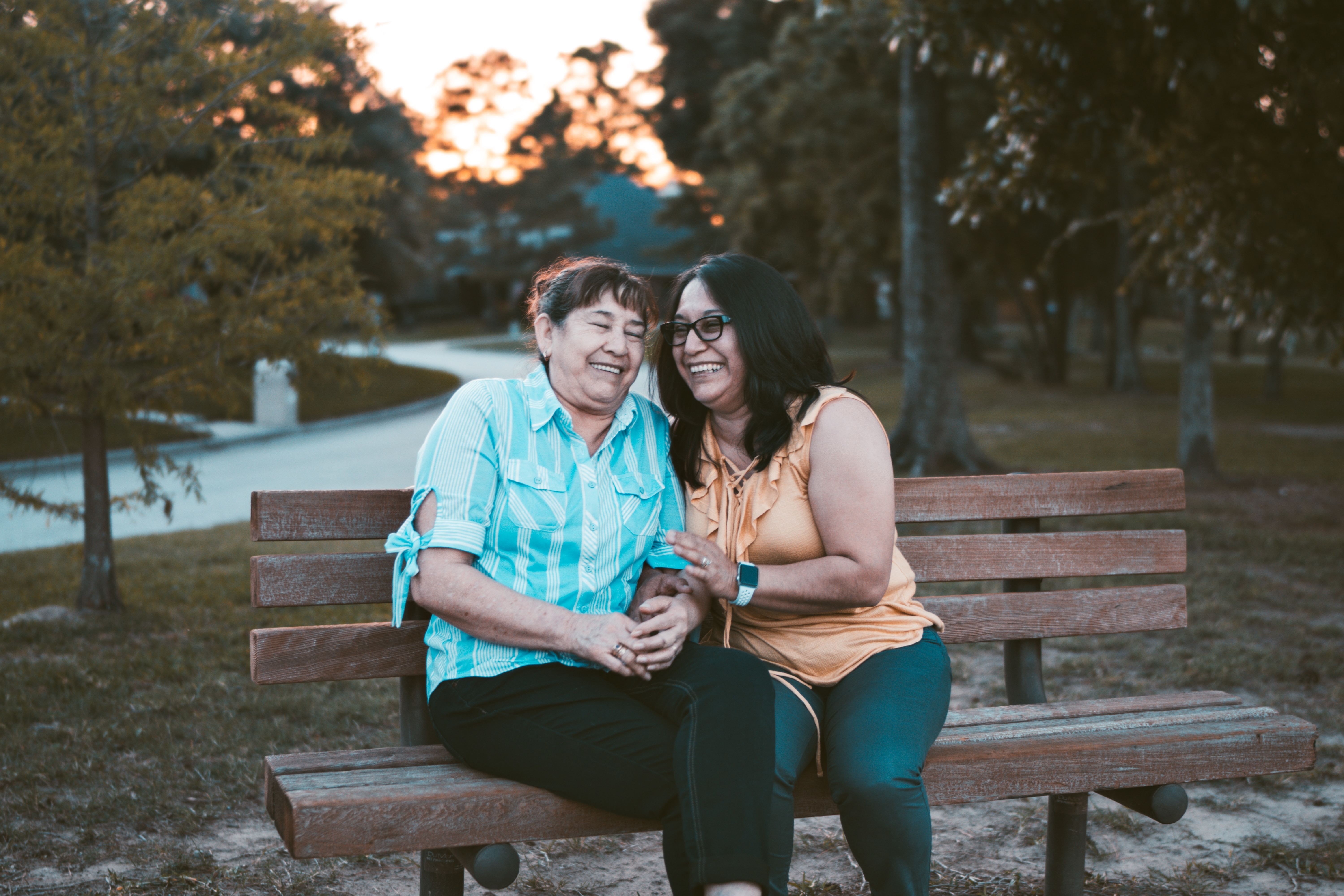Support Group Leader Profile
Kathy Karvonen, Durham Region
I was diagnosed with Sjögren’s in the summer of 2009. I had been frequenting my family doctor and walk-in clinics with what seemed like bizarre symptoms. I was a high school teacher and I kept being sent home from school with what looked like “pink” eye. My eyes felt sore and gravelly and were red. I seemed to be choking on food, and foods like French fries were sticking in my throat. I would gulp water with each bite and cut my food in little pieces. Eventually I had bloodwork done which confirmed that I had Sjögren’s. I was referred to Oral Specialist, Dr. Miriam Grushka, and she ordered a salivary scan. The nuclear scan did catch a nodule on my thyroid that turned out to be cancerous. My thyroid was removed in February 2010. I am extremely grateful to Dr. Grushka for her thorough examination and recommendations. It turned out that I had single cells of anaplastic cancer that did not get out of my thyroid, only 1% of thyroid cancers are like that, and they are lethal within 6 months. My diagnosis of Sjögren’s had inadvertently saved my life!
After my initial Google searches, I was pleased to find The Sjögren’s Society of Canada (SjSC) and I attended my first conference in 2010. The conferences were an opportunity to learn more about the disease and to speak directly to experts including some from outside of Canada! It was through the conferences that I was able to meet the incredible caring doctors that conduct research in this area, and who are so dedicated to their patients. I also loved meeting fellow Sjögren’s patients and seeing how they had managed thus far. My attitude was, “If they can do it, so can I!” The conferences were the highlight of my Sjögren’s year. Who doesn’t like getting free samples of eye drops, buying new books, or entering raffles?
At one of the conferences, I was fortunate to meet Cristina Montoya. I discovered that she was a dietician living in Durham region. We connected, and she was instrumental in starting a Sjogren’s support group in the summer of 2018. We started to be Co-leaders of the Durham Region group in 2018. I had intended to try to be a Group Leader after I retired, but happily, Cristina moved up the timeline as I did not retire from teaching until 2021.
I became a Sjögren’s leader because I enjoyed helping people. I knew nothing about the disease prior to my diagnosis and thought I must be going “crazy” with all my bizarre symptoms. It would have been helpful to speak with someone with some experience, who understood.
We started out with about 4 members and we met in a local restaurant and then in our homes, prior to COVID hitting in March 2020. I have been in contact with approximately 20 people now and we have 8 to 12 attendees at our meetings. The purpose of the group is to provide a supportive environment, to share what it is like living with Sjögren’s and to provide educational information or resources, whenever possible. COVID has been a mixed blessing; it shifted our group to an online platform, but widened our reach beyond our borders. Zoom meetings do not require “meeting” space, or cleaning your house to have people over! The importance of connection increased during the isolation of COVID.
I think each Sjögren’s patient is unique so that we are always learning something new from one another. The thing we appreciate the most are recommendations of specialists in the area that are knowledgeable and caring of Sjögren’s patients. Our meetings are informal and flexible, sometimes we “show and tell” products that we like. We are open to suggestions and welcome possible speaker contacts. I try to end the meetings on a positive note. I hope to continue to use the online format with opportunities for some social gatherings in the future. Although we are patients, we have become friends!
Going forward, I would like to have more guest speakers present to our group. We were thrilled to have Stephanie from Candorvision speak to us and send our group samples before the holidays. I also feel that support groups need to find ways to support the SjSC by organizing and participating in awareness and fundraising events. The ultimate goal is to make the disease more widely known and create better outcomes.


